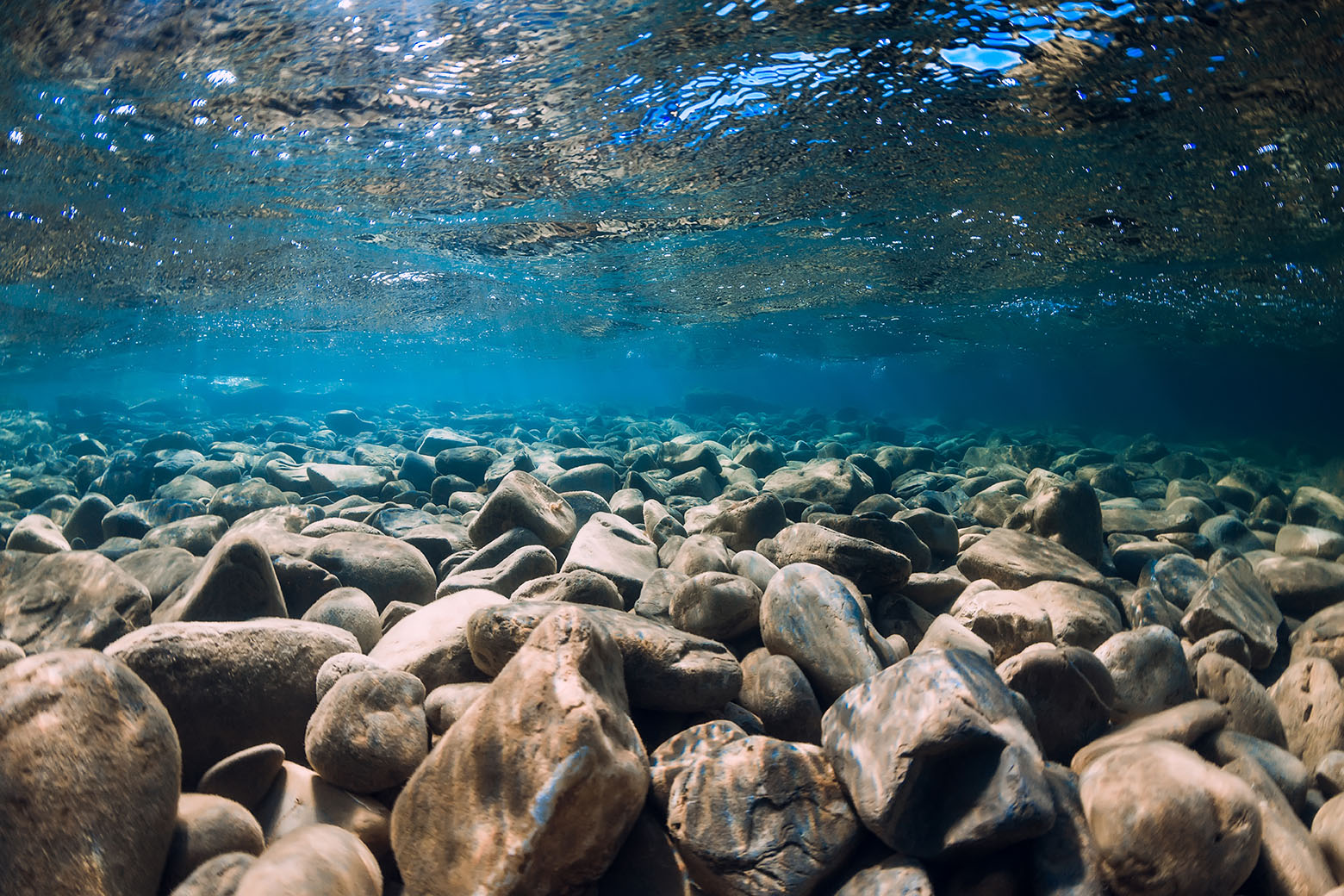
freshwater
Definition
Freshwater is water that contains less than 1% salt. It is the most abundant type of water on Earth, covering about 71% of the Earth's surface. However, only a small fraction of this freshwater is accessible for human use.
Freshwater is found in a variety of places, including lakes, rivers, streams, glaciers, and groundwater. Lakes and rivers are the most accessible sources of freshwater, but they are also the most vulnerable to pollution. Groundwater is a less accessible source of freshwater, but it is less vulnerable to pollution.
Freshwater is essential for life on Earth. It is used for drinking, cooking, bathing, and irrigating crops. It is also home to many different types of plants and animals. Some of these plants and animals are found nowhere else on Earth.
Freshwater is a precious resource. It is important to protect freshwater sources from pollution and overuse.
How can the word be used?
The freshwater lake is a popular tourist destination.

Different forms of the word
Noun: freshwater, freshwaters.
Adjective: freshwater.
Verb: freshwater.
Etymology
The word "freshwater" comes from the Old English words *frēos, which means “not salty”, and *wæter, which means "water".
The word "freshwater" first appeared in English in the 13th century. It was originally used to refer to water that was not salty, as opposed to seawater. However, the word's meaning has since expanded to include any water that is not salty, regardless of its source.
Question
What is freshwater and where can it be found?
AQA Science Exam Question and Answer
Question:
Explain the importance of freshwater ecosystems and their role in sustaining life on Earth. Describe the sources of freshwater, such as rivers, lakes, and underground aquifers, and their significance in meeting human needs and supporting biodiversity. Provide real-life examples of the impact of human activities on freshwater ecosystems, such as pollution and over-extraction, and their consequences on both aquatic life and human communities. Discuss the significance of conservation efforts and sustainable water management in preserving freshwater resources for future generations.
Answer:
Freshwater ecosystems are vital to sustaining life on Earth. They provide essential habitats for diverse aquatic species and serve as a valuable resource for human needs. Sources of freshwater include rivers, lakes, wetlands, and underground aquifers, which supply water for drinking, agriculture, industry, and sanitation.
Human activities, such as industrial discharge and agricultural runoff, have resulted in pollution of freshwater bodies, endangering aquatic life and human health. Over-extraction of water for various purposes has also led to the depletion of water resources in many regions.
Conservation efforts and sustainable water management practices are crucial in preserving freshwater ecosystems. Protecting riparian zones, implementing wastewater treatment, and promoting water conservation are some strategies to safeguard freshwater resources for future generations. By understanding and responsibly managing our freshwater ecosystems, we can ensure a sustainable and secure water supply for both human populations and the diverse species that rely on these essential habitats.